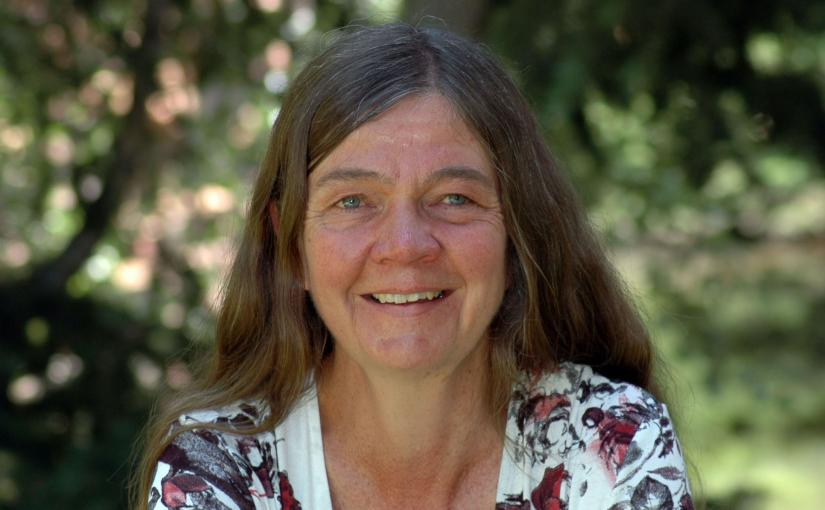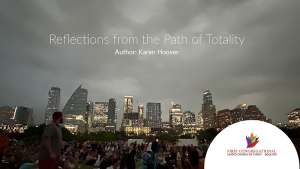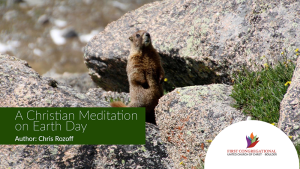Ages before the designation of Rocky Mountain National Park in 1915, Ute, Cheyenne, and Arapaho peoples held deep ties to the locale. Arising from an alliance between tribal peoples and non-Indian historians, many National Parks today are now facing up to the fact that the conquest and forced relocation of the original residents figured in the origins of all the so-called nature parks. In recent years, our Center of the American West has been hosting meetings with representatives of the Southern Ute, Ute Mountain Ute, Northern Arapaho, Northern Cheyenne, and Southern Cheyenne and Arapaho Tribes, to learn what these folks would like Park visitors to know about their histories, their current lives, and their futures. This project offers a case study that illuminates the great value of a full reckoning with the central roles of the tribes in the past, present, and future of the United States. The observation of Indigenous People’s Day offers a prime opportunity to make an awareness of Indian people’s resilience, enterprise, and self-determination into an essential element of the movement for social justice, as well as a point of orientation in everyday life.
Patty Limerick is the Faculty Director of CU’s Center of the American West https://www.centerwest.org/. Over the last fifty years, her field of Western American history has been transformed by the vitality of research in American Indian history, with scholars of Indian identity driving much of that expansion. She has tried hard to keep up with the energetic expansion of this field of knowledge, but she has to admit that she cannot keep up. But she has accumulated a long list of books she yearns to read, when and if she ever retires.
Further Readings:
Vine Deloria, Jr. Custer Died for Your Sins
David Treuer, The Heartbeat of Wounded Knee
The online newspaper, Indian Country Today, edited by the accomplished Shoshone-Bannock Indian journalist Mark Trahabt, offers a most comprehensive and informative way to keep up with Indian affairs. Subscriptions are free, though contributions are accepted. https://indiancountrytoday.com
People might want to take a look at the Center of the American West website to see our series on “Modern Indian Identity”



